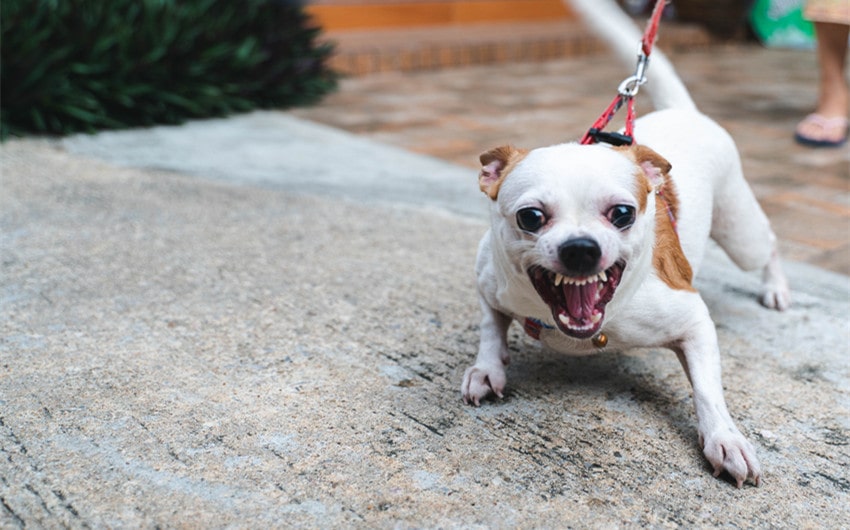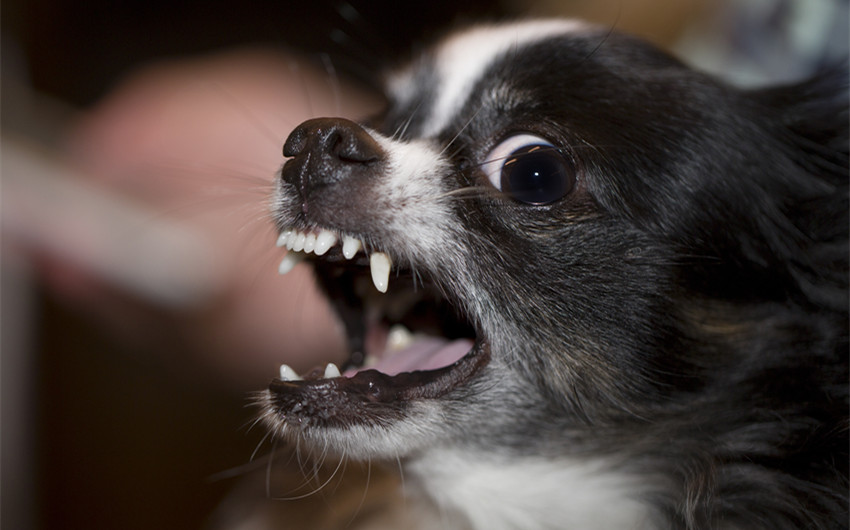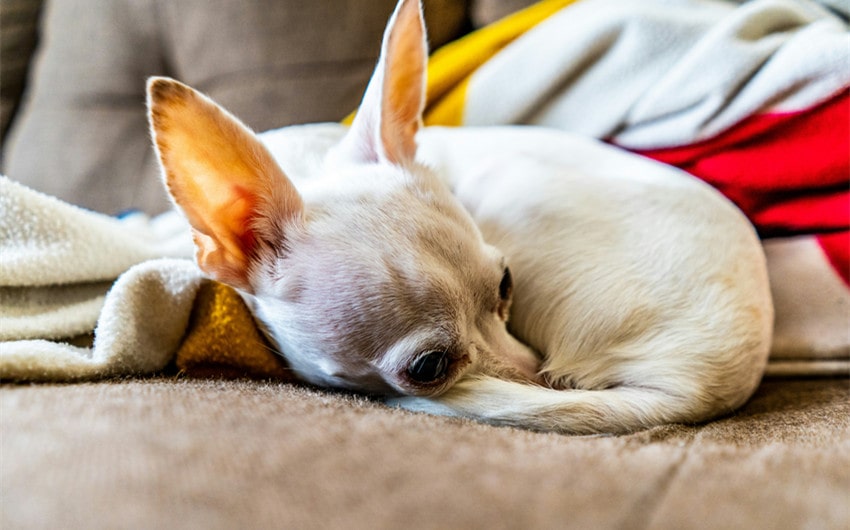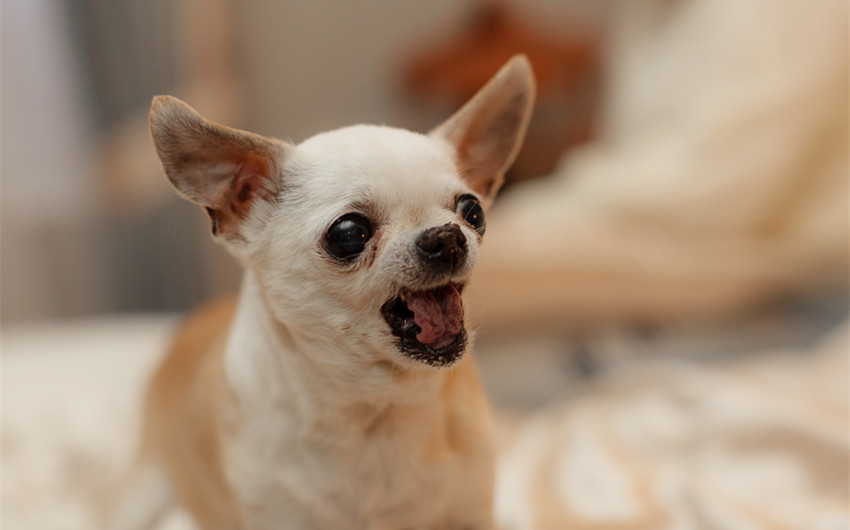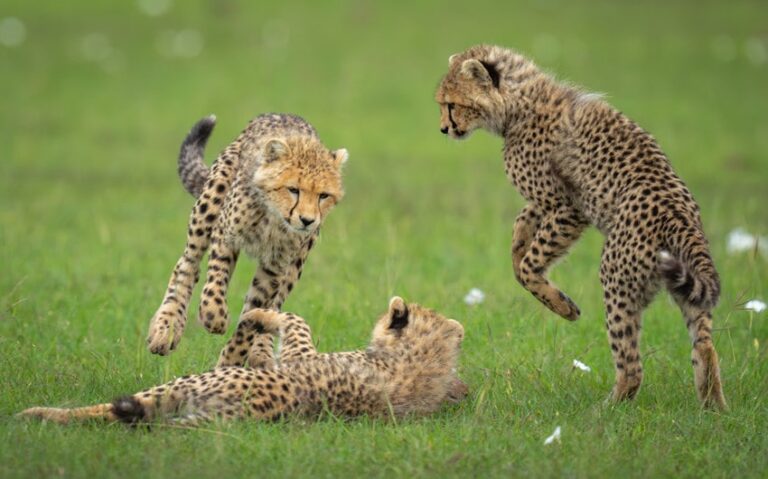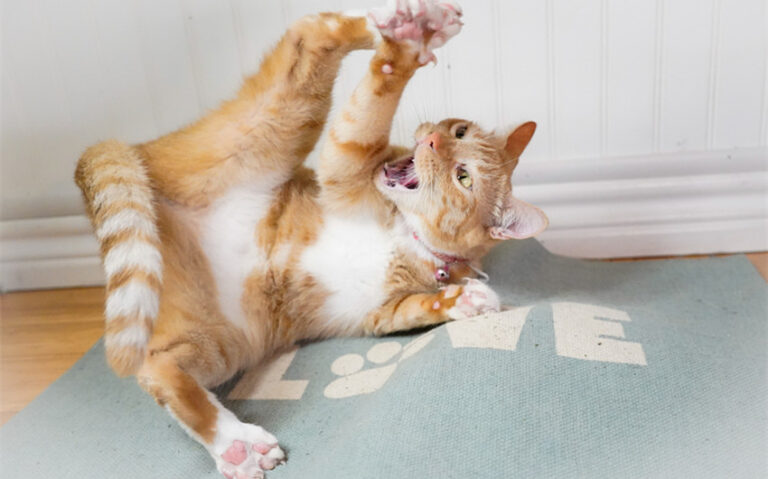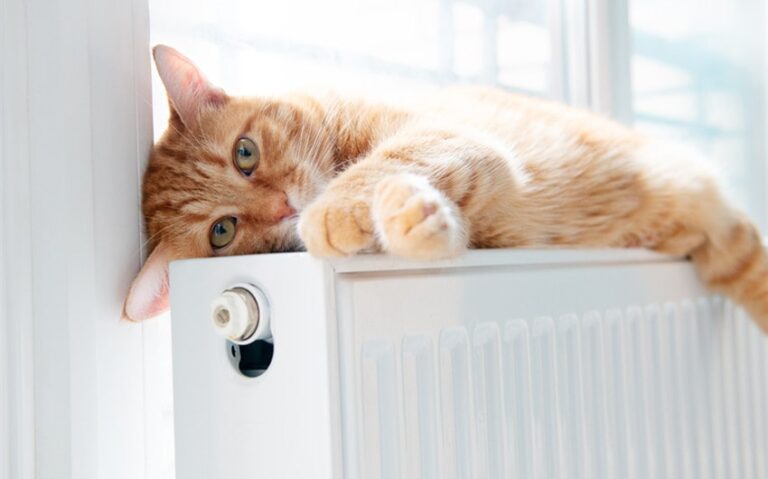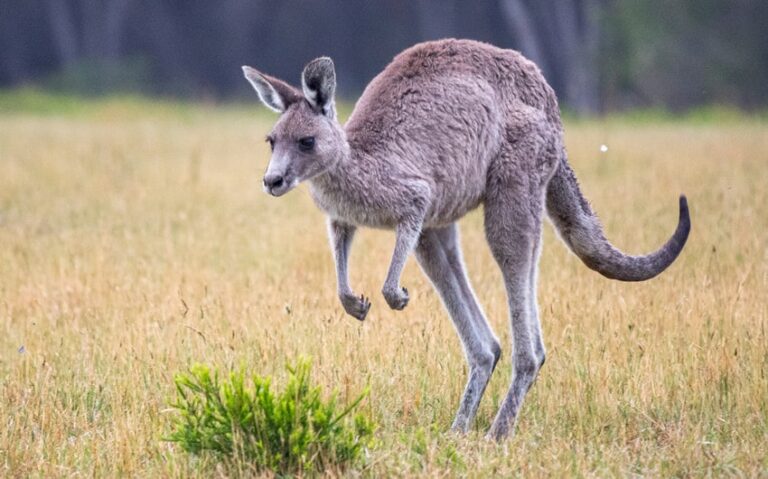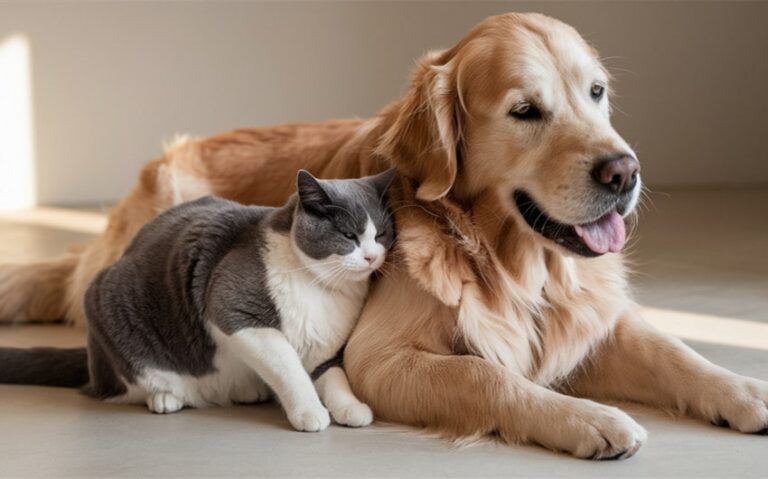Why Are Chihuahuas So Angry and Loud? 7 Scientific Reasons
They may be small enough to fit in a tote bag, but Chihuahuas come with personalities far bigger than their tiny frames. Whether it’s barking at strangers, growling at house guests, or guarding their favorite human like a tiny bodyguard, these little dogs have a reputation for being surprisingly intense.
It’s no wonder so many dog lovers (and a few nipped ankles) keep asking, why are chihuahuas so angry? In this article, we’ll take a closer look at what’s really behind their fiery attitude—and whether it’s truly anger or just a misunderstood mix of loyalty, fear, and confidence.
1. Their Tiny Size Makes the World Scary
Imagine navigating a world where everything is ten times your size. For Chihuahuas, everyday objects, people, and even other dogs can feel like looming threats. Their small size means they’re more vulnerable to being stepped on, grabbed without warning, or overwhelmed by loud noises and fast movements. So, what may look like “anger” is often fear or anxiety kicking in.
To defend themselves, Chihuahuas may bark, growl, or snap—not out of malice, but because they feel the need to protect their tiny space. This reactive behavior is their way of saying, “Back off, I’m not helpless!” Their instincts tell them to stay alert and ready to stand their ground, even if the threat is just a stranger picking up a bag near them.
2. Big Dog Personality in a Tiny Body
Chihuahuas may be small, but they didn’t get the memo. These dogs are bursting with confidence, often acting like they run the show. This is commonly referred to as “small dog syndrome”—when little dogs behave more aggressively or assertively than larger ones to make up for their size.
They don’t see themselves as delicate or easy to push around. Instead, they carry a bold attitude that can come off as demanding or combative. They might challenge much larger dogs, bark at authority, or take control of the household if allowed. While this makes them endlessly entertaining, it also means they can become territorial or reactive if their big personality isn’t guided with structure and training.
3. Protective and Loyal to a Fault
Chihuahuas are known for forming intense bonds with their favorite person, often choosing one human to be their “person” and showering them with fierce loyalty. While that devotion is heartwarming, it can also lead to possessive behavior. When a Chihuahua perceives someone or something as a threat to their bond, they may lash out with barking, snarling, or snapping—even if the “threat” is just a friend coming in for a hug.
This overprotectiveness is often mistaken for anger, but it’s really a deep-rooted instinct to guard what they love. It’s also why Chihuahuas may be sweet and snuggly with their owner but reactive toward everyone else. Without training and social boundaries, this fierce loyalty can turn into a full-time guard dog mentality, even in a house full of harmless visitors.
4. Lack of Early Socialization
Many small dog owners unintentionally treat their pets like babies rather than dogs. Because Chihuahuas are tiny and easy to carry, they’re often picked up and comforted instead of being exposed to different environments, people, and animals during their critical socialization period. As a result, they miss out on learning how to cope with new or stressful situations.
When Chihuahuas aren’t properly socialized as puppies, they’re more likely to become reactive, nervous, or aggressive as adults. They simply haven’t learned how to behave around other dogs or people, and they react with defensiveness instead. What we interpret as an “angry Chihuahua” might just be an under-socialized dog that’s overwhelmed by unfamiliar surroundings—and doing the only thing it knows to keep itself safe.
5. Genetics and Breed Tendencies
Chihuahuas weren’t just bred to be cute lap dogs—they were also bred to be alert and aware of their surroundings. Historically, these dogs served as watchdogs in homes and temples, barking at the first sign of trouble. That vigilance is still very much in their DNA today. Their heightened sensitivity to sound and movement means they’re quick to notice anything unusual—and even quicker to respond to it.
Because of this natural reactivity, Chihuahuas may seem “angry” when they’re really just doing what they were bred to do: sound the alarm. Their bark is sharp, their body language is intense, and their instincts push them to act fast. This breed’s fiery temperament isn’t a flaw—it’s part of what makes them excellent at protecting their space and alerting their humans, even if it sometimes comes across as attitude.
6. Health Issues or Pain
Sometimes what looks like a behavioral issue is actually a medical one. Chihuahuas, like many small breeds, are prone to certain health problems—especially dental pain, joint issues (like luxating patellas), and back problems. If they’re feeling sore, stiff, or achy, they may react irritably to being touched, picked up, or approached too suddenly.
Because dogs can’t tell us when they’re hurting, they often show discomfort through behavior. Growling, snapping, or hiding can all be signs that something is physically wrong. A Chihuahua who used to be sweet but suddenly seems “angry” may just be dealing with chronic discomfort. Regular vet checkups and being mindful of their physical cues can make a big difference in how they act and feel.
7. We Misread Their Signals
Chihuahuas are expressive dogs, and their body language can sometimes be misinterpreted by humans. A tail tucked between the legs, wide eyes, or flattened ears might be signs of fear or anxiety—not rage. But because they often vocalize their stress with high-pitched barks or sharp growls, people assume they’re angry when they’re actually overwhelmed or unsure.
Additionally, Chihuahuas may react strongly to overstimulation—like loud noises, fast movements, or being surrounded by strangers. Their way of saying “I need space” might come off as aggressive, especially if someone keeps pushing their limits. Understanding the difference between a truly aggressive dog and one who’s simply scared or overstimulated can help prevent misunderstandings and improve the relationship between humans and their tiny companions.
